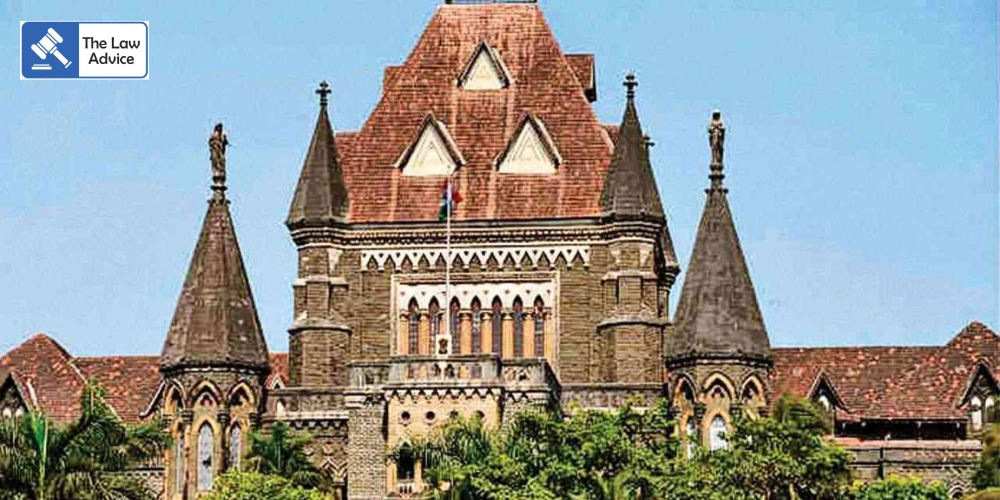The Bombay High Court recently delivered a significant judgment clarifying the distinction between insults directed at socio-political figures and insults to religion or religious beliefs. A division bench comprising Justices Vibha Kankanwadi and Hiten Venegavkar, sitting at Aurangabad, quashed an FIR filed against a man who had allegedly hurled abuses at Maratha leader and activist Manoj Jarange-Patil, known for leading protests advocating reservation for the Maratha community.
The Court emphasized that while a person may represent a religion or community in some ways, that individual does not become synonymous with the religion itself. Criticism, even if offensive or disrespectful, directed at such figures cannot be equated with an insult to faith, and therefore, does not fall under Section 295A of the Indian Penal Code (IPC), which criminalizes deliberate and malicious acts intended to outrage religious feelings.
Justice Venegavkar, authoring the judgment, noted:
“A socio-political figure may be admired or followed by several persons, but criticism or even crude abuses directed at such figure, however disrespectful, do not translate into an insult to a religion or a deliberate attempt to outrage the religious feelings of a class by attacking their religion. A person may represent a religion in certain ways, but he/she does not become the ‘religion’ by such representation.”
The Court explained that Section 295A IPC is specifically designed to protect religion as a system of belief or worship, not the leaders of a caste, community, or socio-political movement. The judges clarified that the FIR, which described Jarange-Patil as a “Maratha Yodha” in the context of leading the reservation agitation, did not allege any harm or insult to religious beliefs, deities, scriptures, rituals, or theological tenets.
The incident reportedly occurred in a bar and restaurant during an altercation after alcohol consumption, where the applicant hurled abuses at Jarange-Patil. The Court took into account that the applicant had promptly apologized to the complainant, indicating the absence of any intent to incite communal violence or disrupt public order.
The judgment underscored that Indian law is intended to protect religious beliefs from deliberate, malicious, and harmful acts that could damage society or disturb public peace. However, it does not create a criminal shield around political leaders or community icons. Extending Section 295A IPC to cover every insult to a popular leader could risk misuse of the law for political advantage, curtail freedom of speech, and turn exceptions into the norm.
The Court further stressed that freedom of speech is a cornerstone of democracy. While Article 19(2) of the Constitution allows reasonable restrictions in the interest of public order, decency, or morality, such restrictions must have a proximate and reasonable connection to the mischief being prevented. Therefore, Section 295A remains constitutionally valid only when it targets deliberate and malicious attacks on religion or religious belief, and cannot be applied to mere insults or abusive remarks against community leaders or socio-political figures.
Considering these principles, the bench quashed the FIR lodged on December 12, 2023, against the applicant. The Court concluded that the incident, though involving offensive language, did not constitute a criminal offense under Section 295A IPC, given the absence of any intent to insult religion or outrage religious feelings.
Legal Representation
• For the Applicant: Advocate ID Maniyar
• For the State: Additional Public Prosecutor GA Kulkarni
